Competition between companies is important to consumers. Thanks to it, they get better quality products at better prices, because everyone in the market is fighting for every customer. It is also one of the reasons why the world's leading economies have established regulatory mechanisms to prevent monopolization and cartelization, precisely to protect consumers, i.e. us.
Of course, companies are happy when they currently have no competitors. It was also the case with Apple, when after the introduction of the first iPhone, there was nothing like it. But many big companies paid the price for their arrogance and zero flexibility in not giving the given segment/industry a chance to survive, while being terribly wrong.
The end of BlackBerry and Nokia
BlackBerry used to be a brand of one of the world's leading smartphone manufacturers, which was especially popular behind the big puddle and in the work sector. However, it had its loyal users and profited from it. But how did she turn out? Poorly. For some inexplicable reason, it still stuck to a full-fledged hardware keyboard, but after the arrival of the iPhone, few people were interested. Everyone wanted large touch screens, not keyboards that just take up screen space.
Of course, Nokia, the ruler of the mobile market in the 90s and 00s, met a similar fate. These companies once ruled the industry. It was also because they had long periods of growth where they faced no real challenges. But their phones were different from others and that's why they attracted a lot of customers. It could easily appear that they are too big to fall. Some iPhone, that is, the phone of a smaller American company dealing with computers and portable players, cannot threaten them. These and other companies, such as Sony Ericsson, saw no need to push the envelope because before the iPhone, customers wanted their products, even if they didn't make any groundbreaking innovations.
However, if you do not catch the emerging trend in time, it will be very difficult to catch up afterwards. Many who previously owned Nokia and BlackBerry phones simply wanted to try something new, and thus these companies began to face an attrition of users. Both companies tried several times to regain their market position, but both ended up licensing their names to Chinese device makers because no one else would even consider buying their phone divisions. Microsoft made this mistake with Nokia's phone division, and ended up losing about $8 billion. It failed with its Windows Phone platform.
It could be interest you
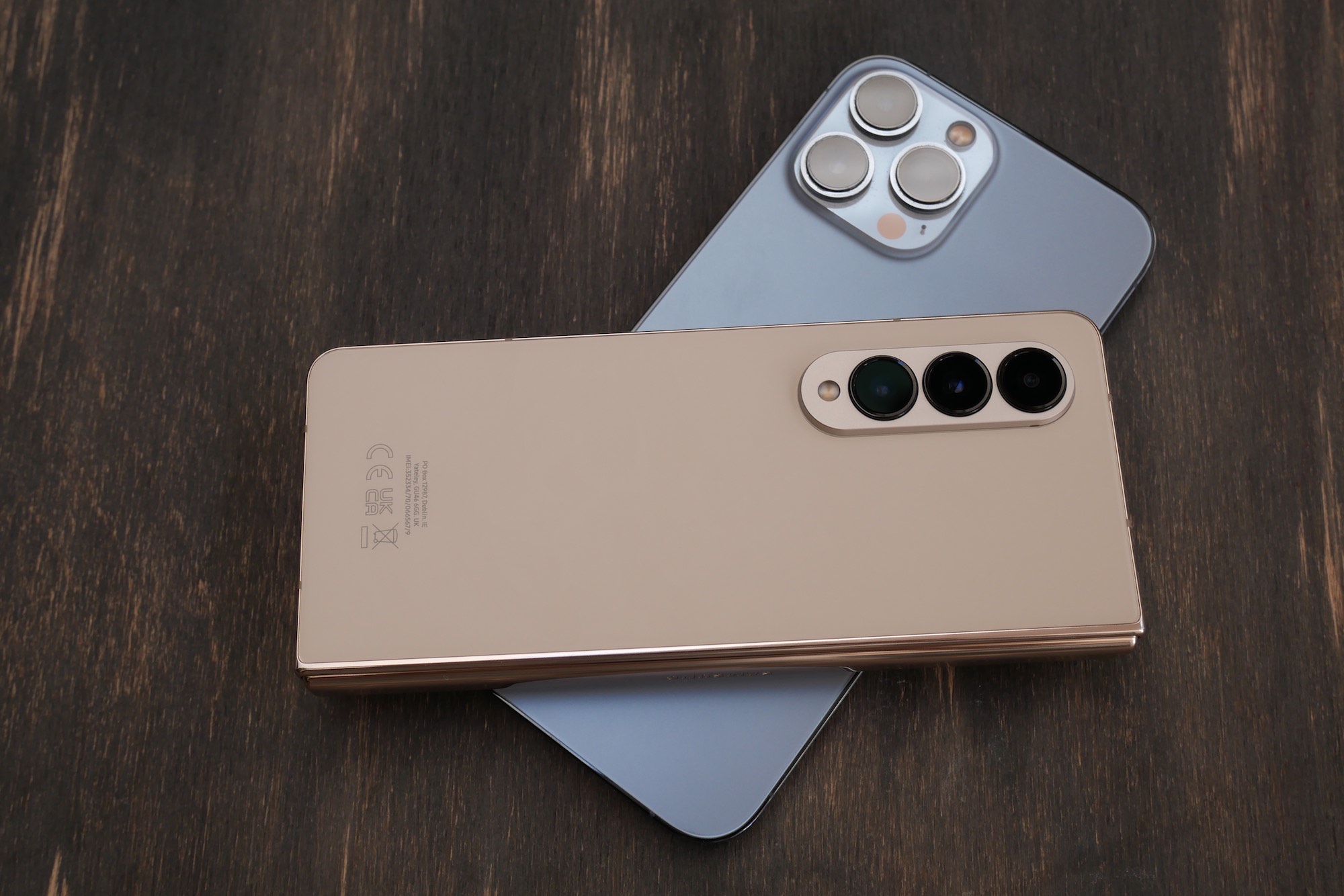
It's a different situation
Samsung is the largest manufacturer and seller of smartphones in the world, this also applies to the sub-segment of folding devices, of which it already has four generations on the market. However, the arrival of flexible construction on the market did not cause a revolution, as was the case with the first iPhone, mainly because it is actually still the same smartphone, which only has a different form factor in the case of the Galaxy Z Flip and it is a device 2 in 1 in the case of Z Fold. However, both devices are still just an Android smartphone, which is the fundamental difference compared to the launch of the iPhone.
In order for Samsung to cause a revolution, apart from the design, it would have to come up with a different way of using the device, when in this respect it is probably limited by Android. The company is trying with its One UI superstructure, because it can greatly expand the capabilities of phones, but not significantly. So these are other reasons why Apple can still wait and why it doesn't have to rush so much with the introduction of its solution to the market. The onset of the foldable device trend is slower than it was in the case of smartphones after 2007.
Apple also plays into how it can retain its users. Undoubtedly, its ecosystem, from which it is not easy to get out, is also to blame. So when the big companies lost their customers because they could not give them a timely alternative to the emerging trend, here it is different after all. It can be believed that when Apple introduces a flexible device in three or four years, it will still be second only to Samsung due to the popularity of its iPhones, and if iPhone owners are interested in its solution, they will simply switch within the same brand.
It could be interest you
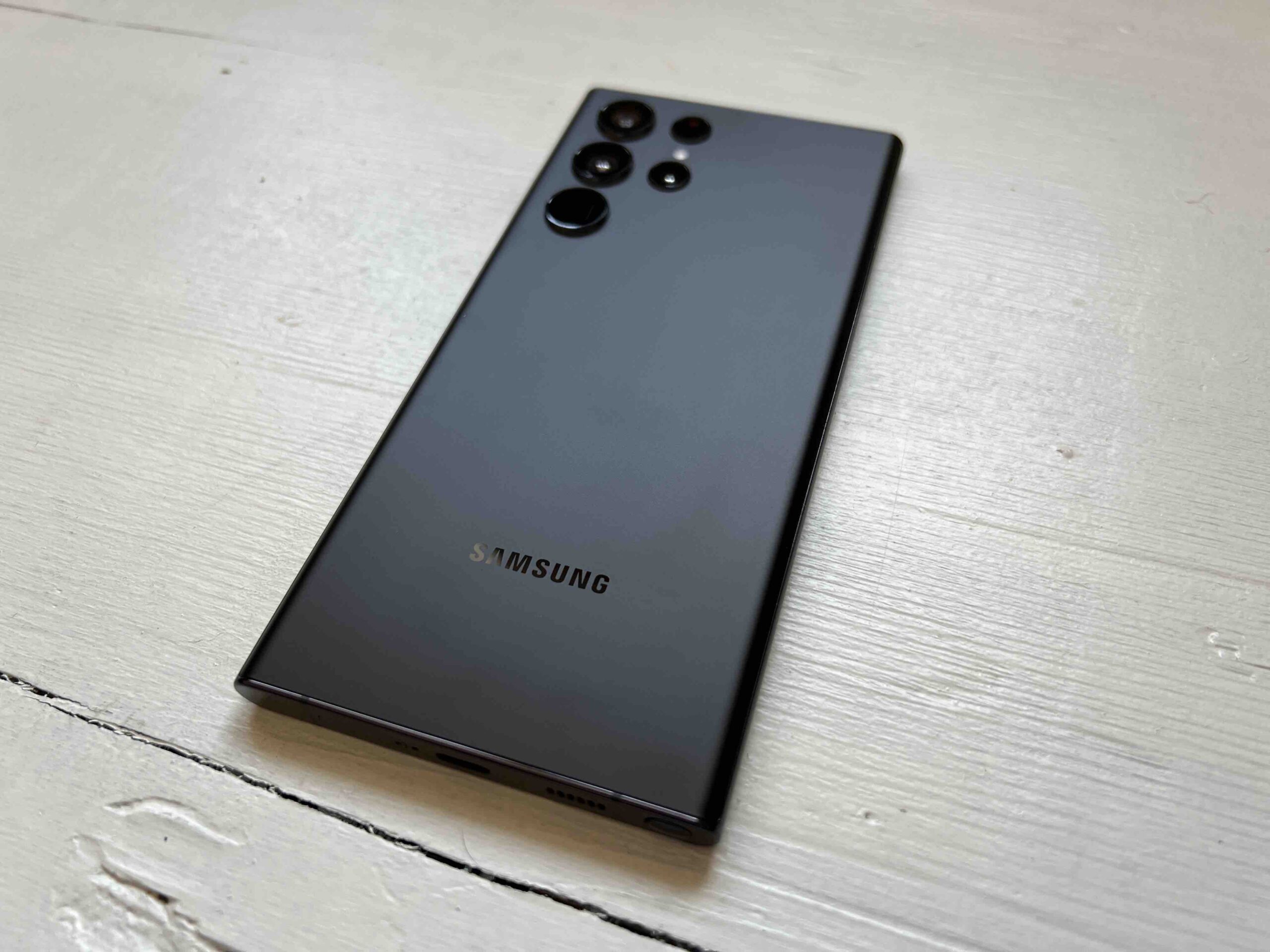
So we can be relatively calm that Apple would end up similar to the aforementioned companies within a few years. We can always shout about how Apple stops innovating and argue why we don't have its jigsaws anymore, but if we look at the global market, it's actually only Samsung that can work all over the world, most other manufacturers are focused only on the Chinese market. So even if Apple already had a flexible device on the market, its only serious competitor would still be Samsung. So, as long as the smaller brands don't rock, he has enough room to handle it.
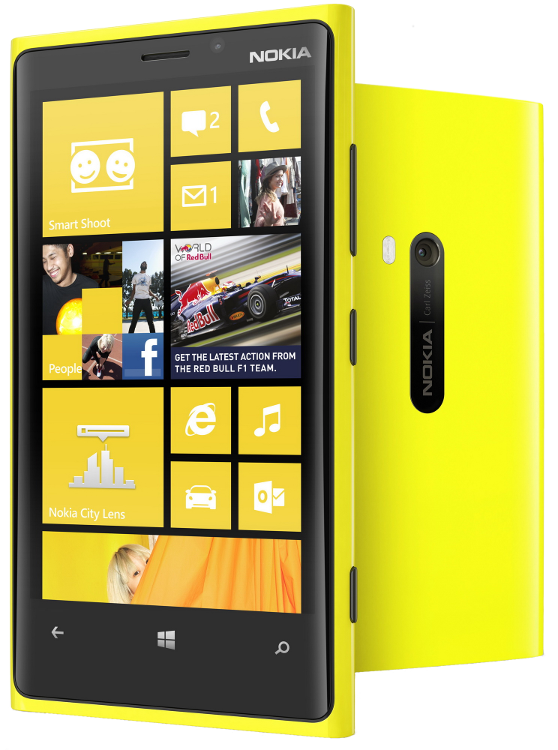



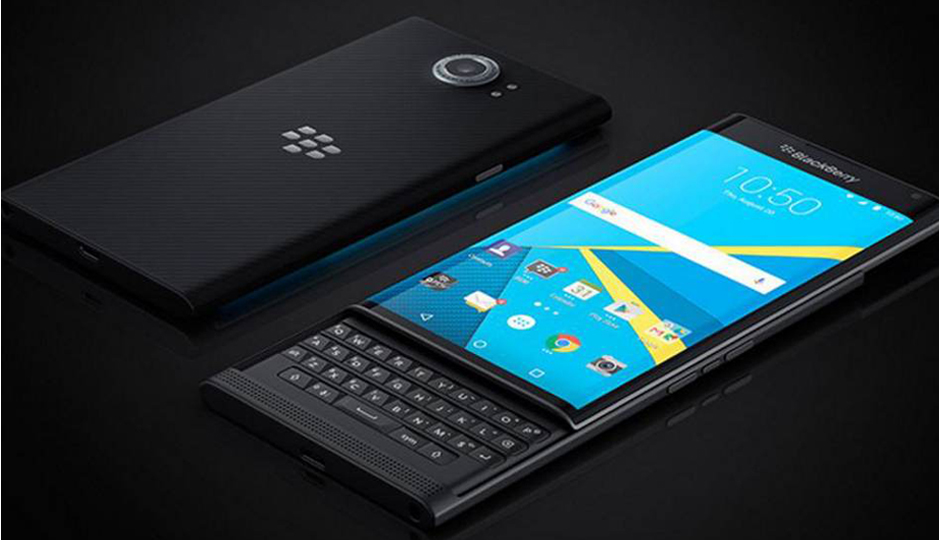
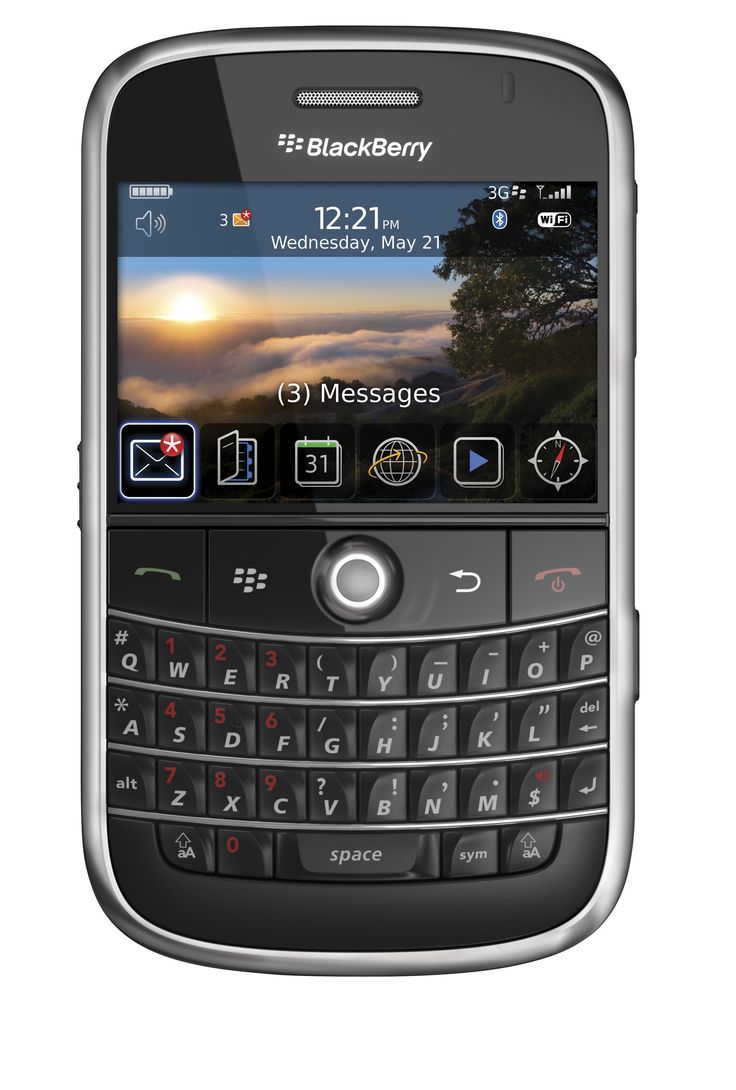

 Adam Kos
Adam Kos 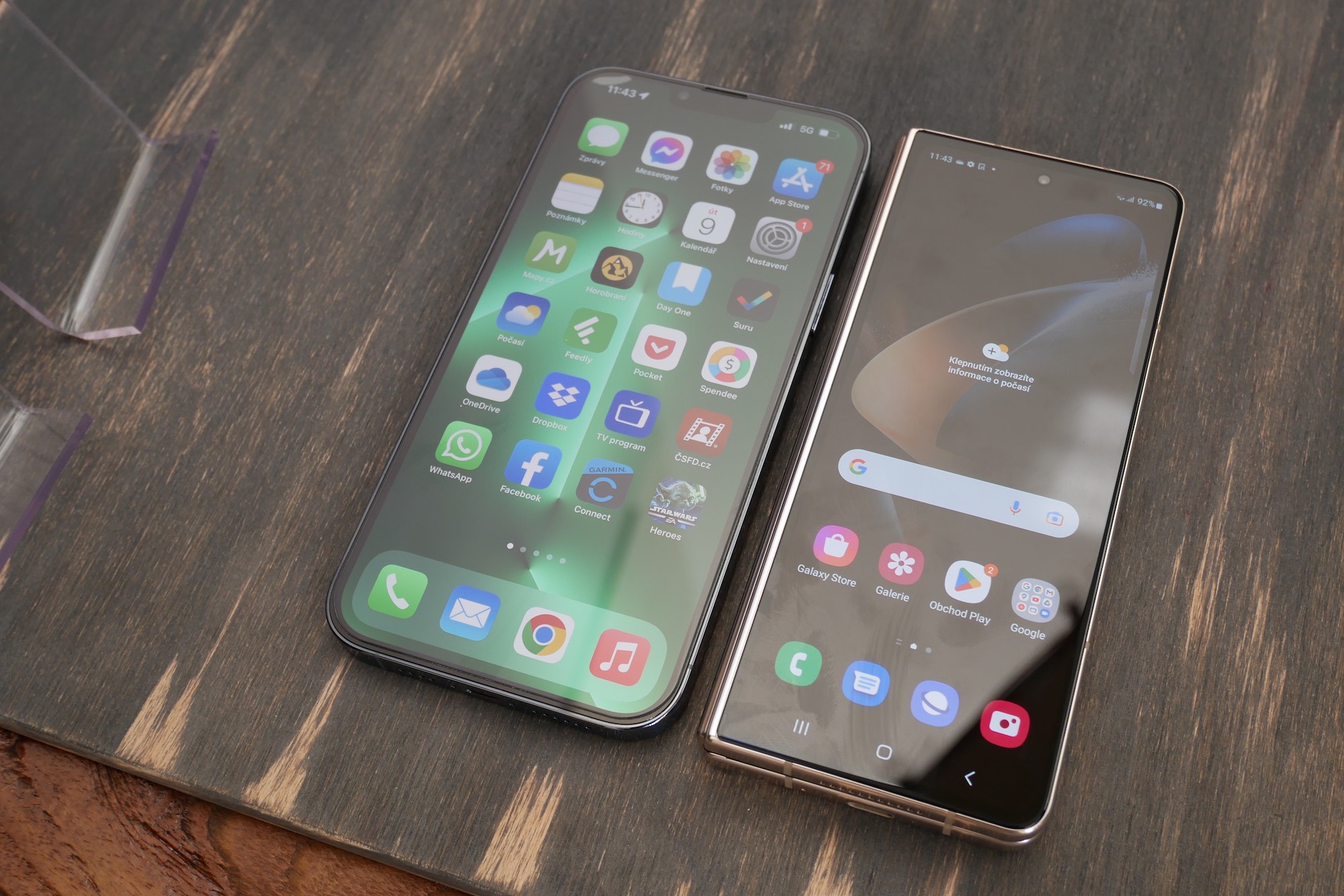
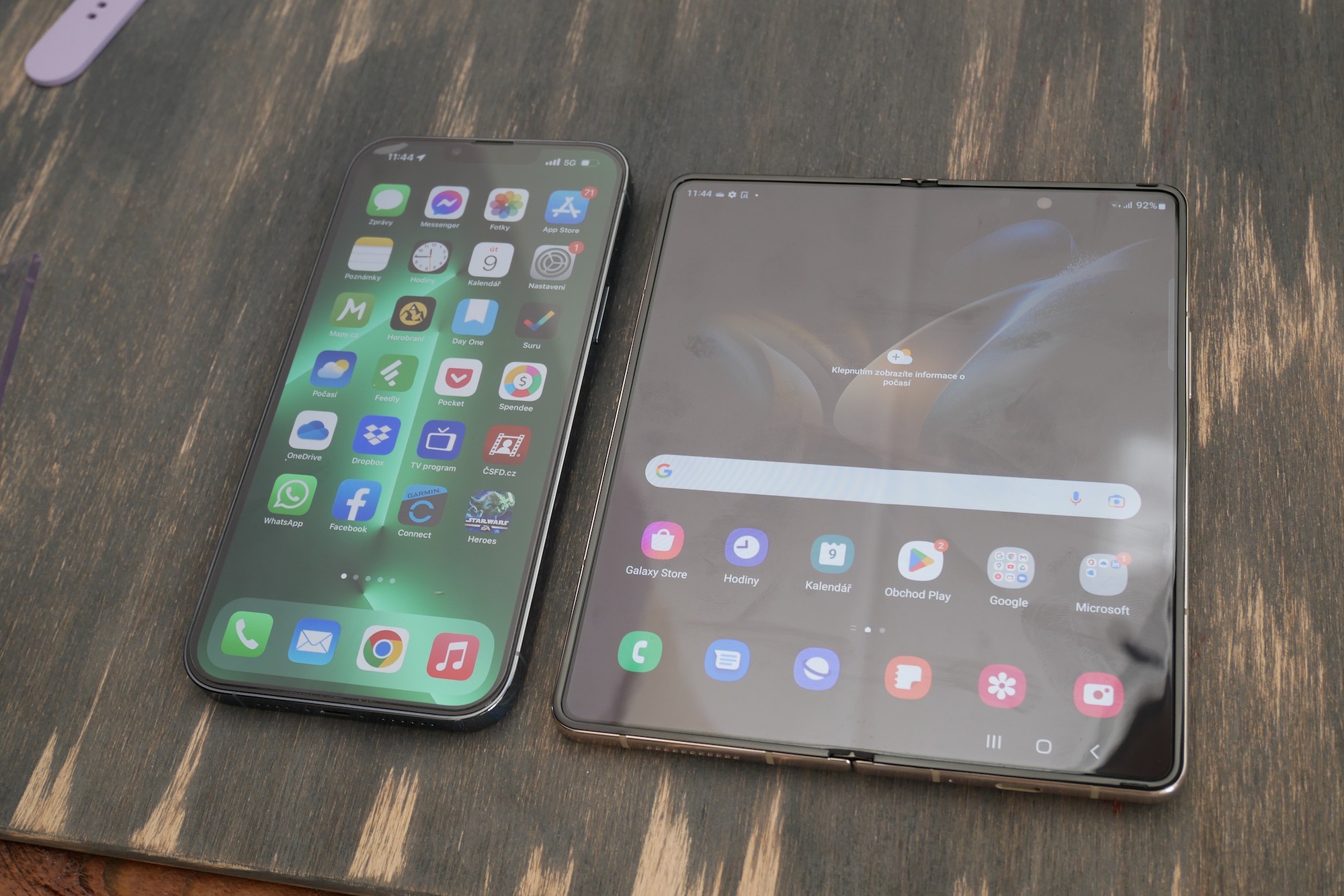
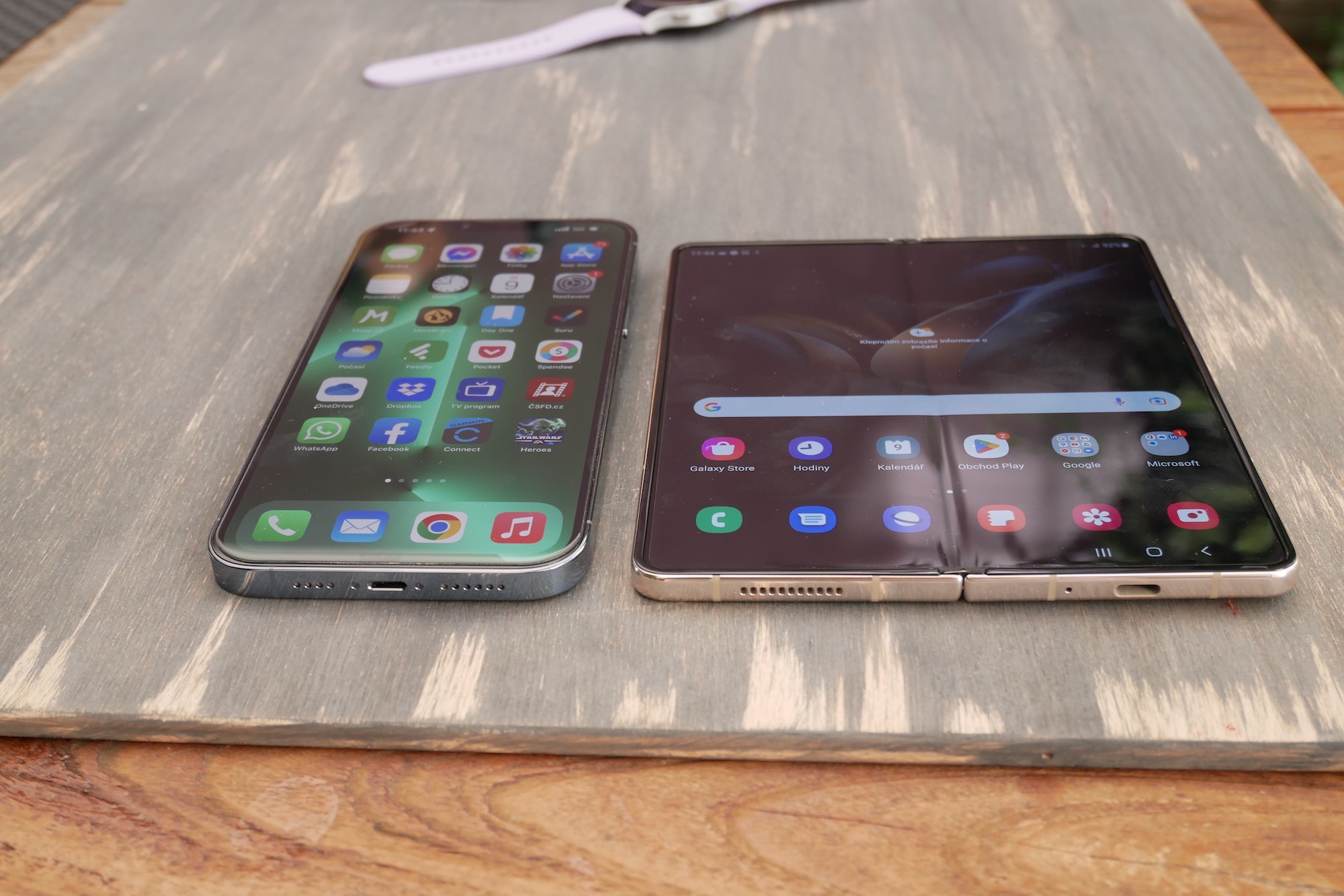
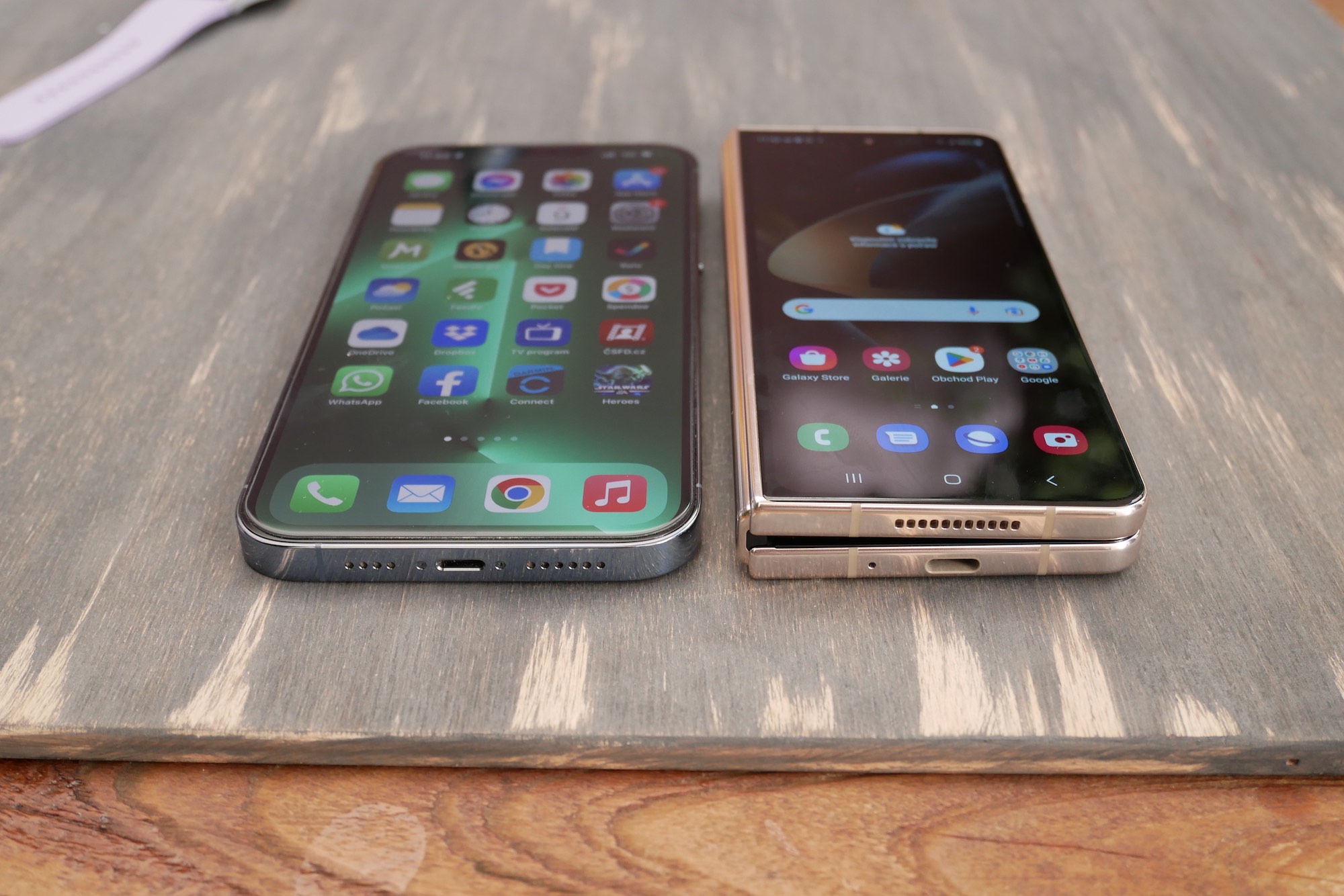
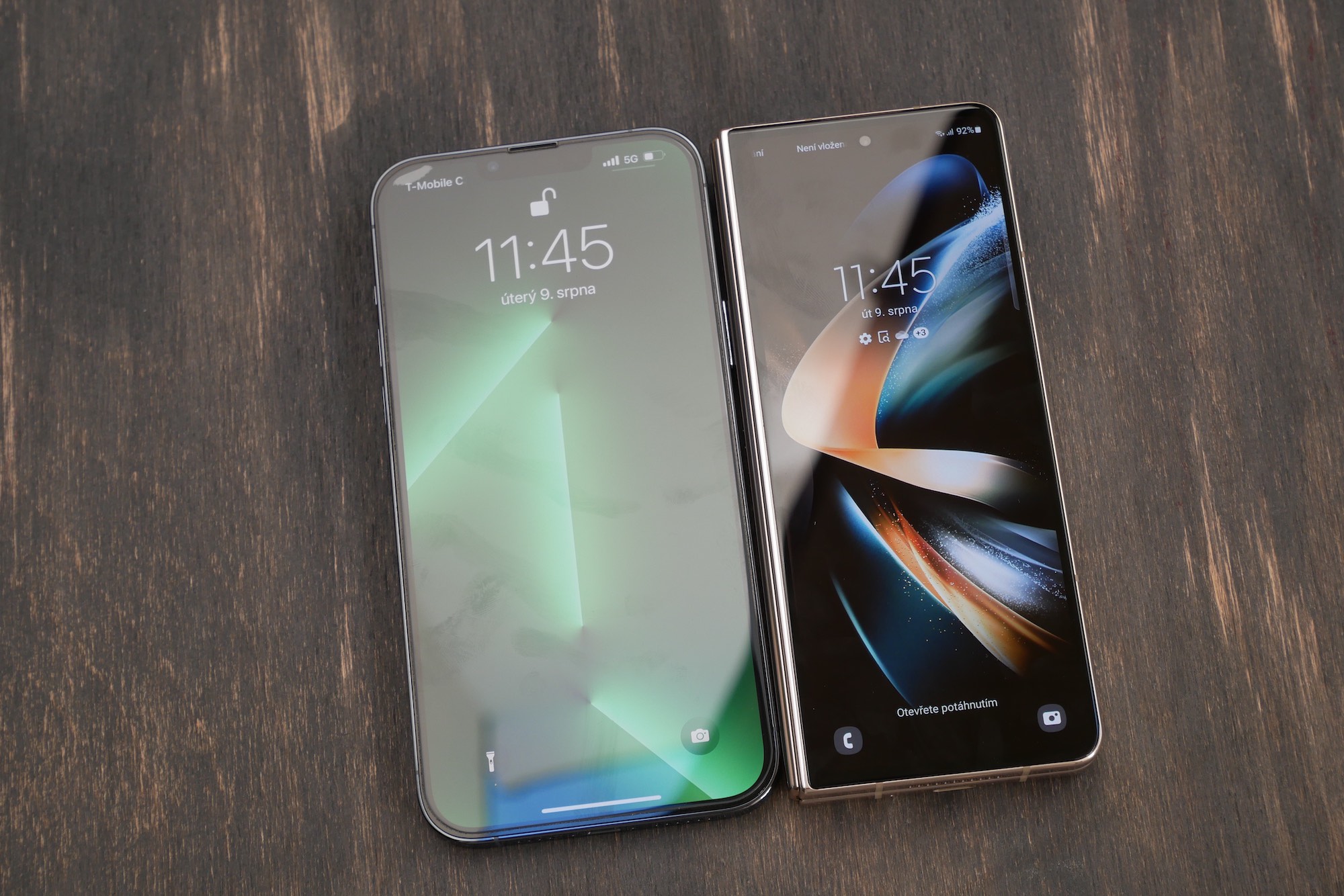
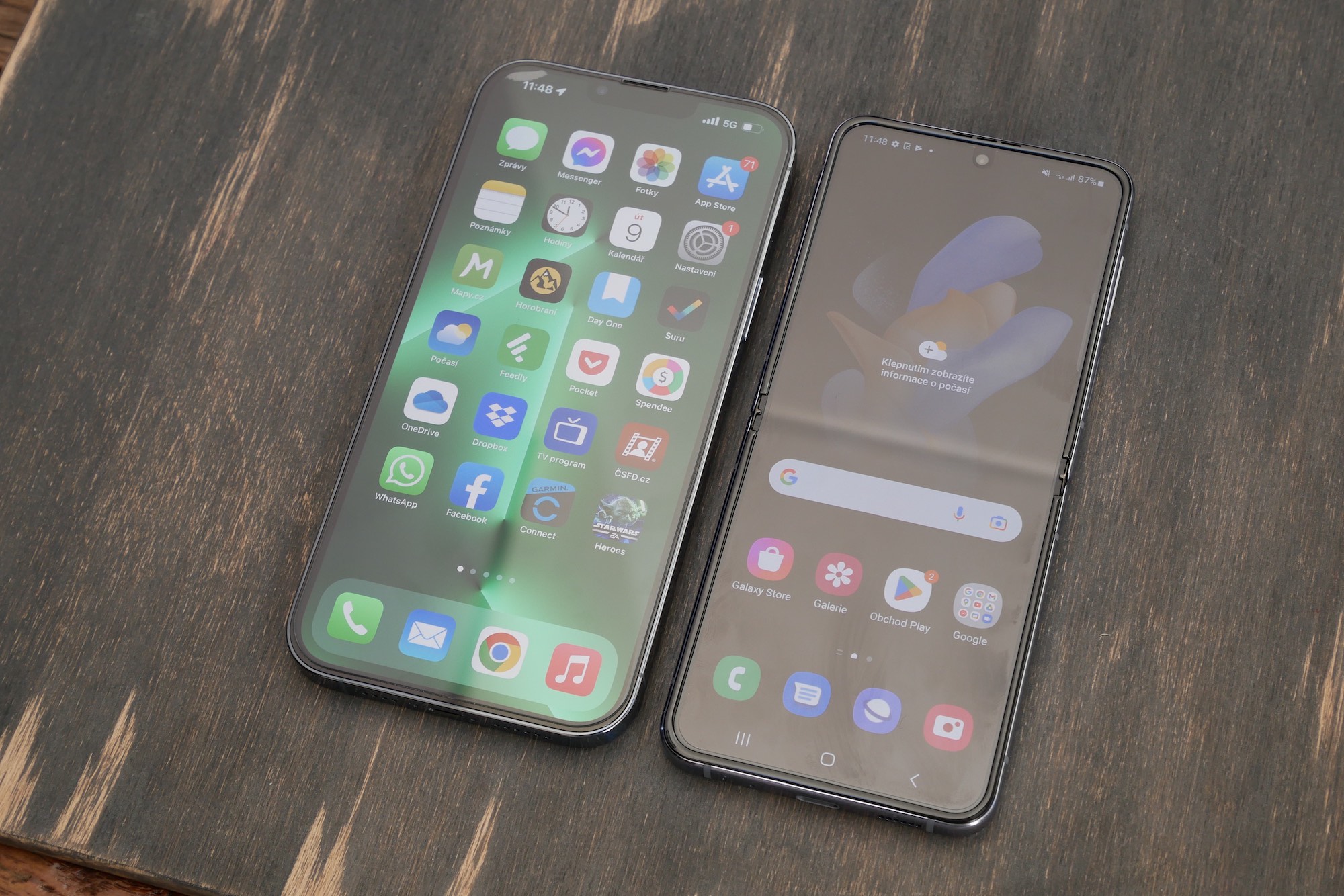
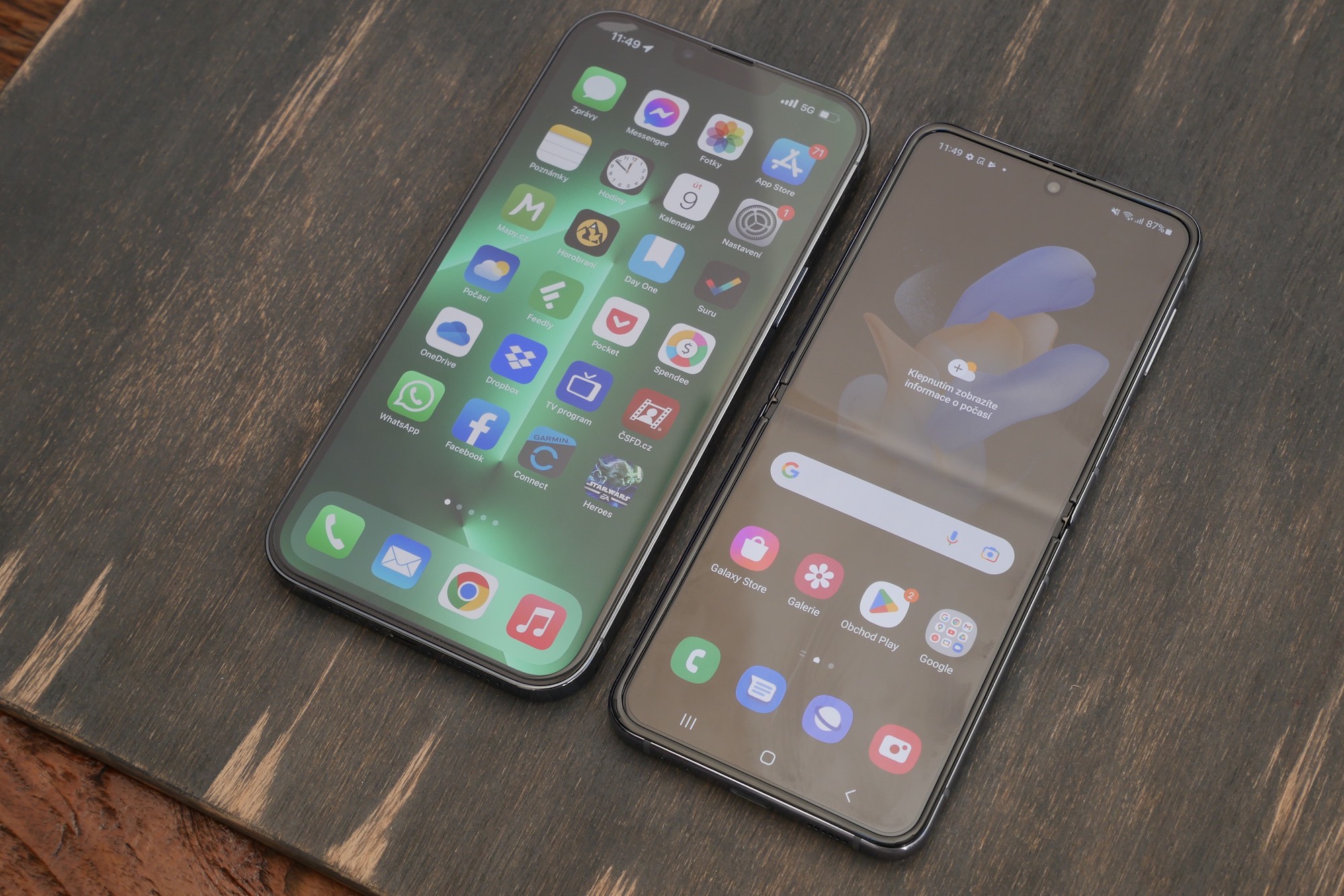


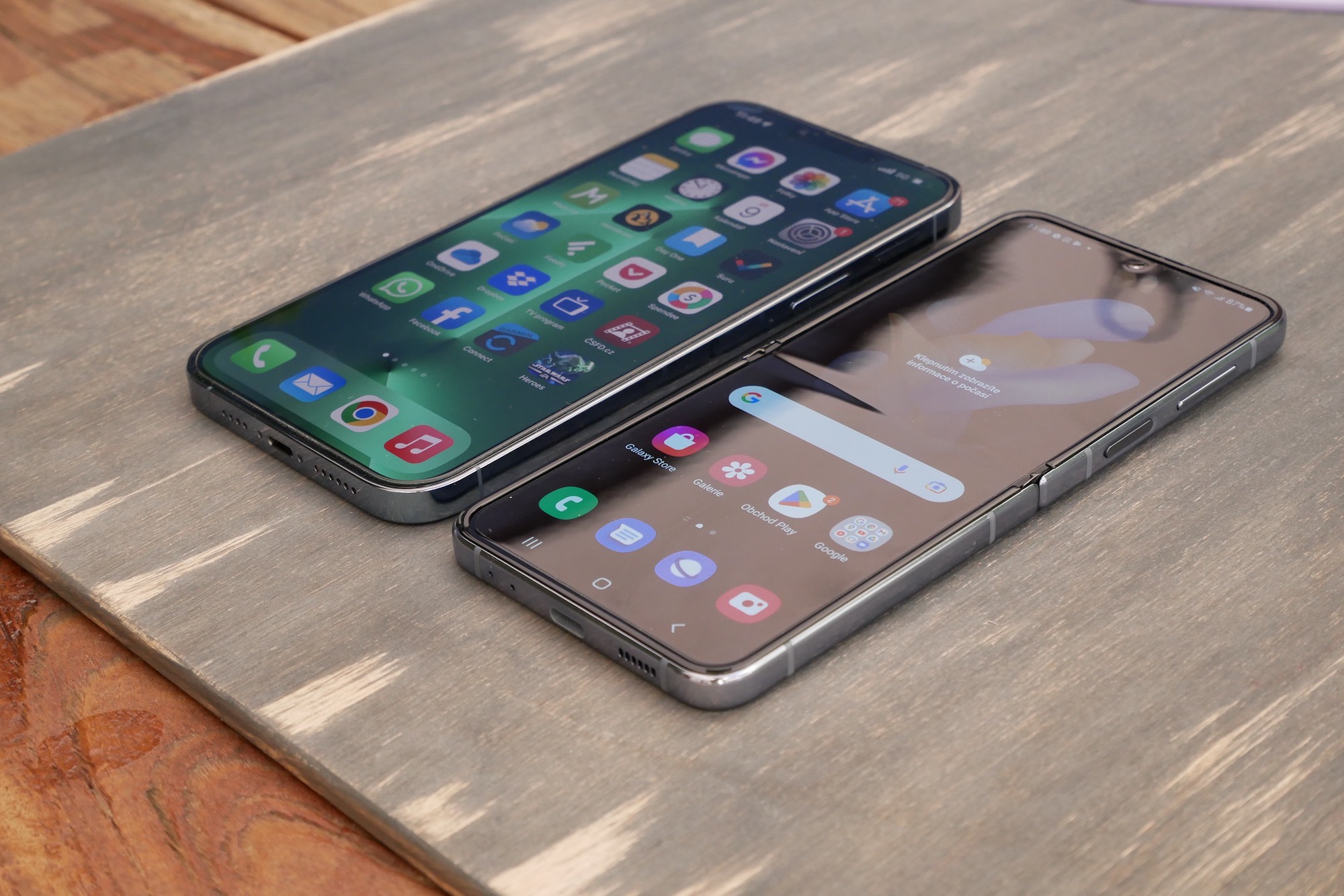
As nothing is ever boring and never boring, there is always something new
1. Previously, the mobile platform (mobile phone world) consisted of mobile phones themselves.
For example, NOKIA had a huge number of models in its portfolio, from phones for the mainstream to professionals/managers.
But everything ended with the arrival of the iPhone.
However, not because the first iPhone was a miracle, because it did practically nothing that people were used to, for example from Nokia phones, because Apple showed people something that was like a revelation at the time: a multi-touch display and, most importantly, here the most important thing and that was the APPLICATIONS. There was no software in the form of Java applications, which were there years before the first iPhone, when they were only applications without external interaction and you could not even play a full-length movie on phones, there was no mobile YouTube or a full-fledged web browser. I mean real applications, thanks to which you could, for example, control your home stereo or look at the Internet.
2. It is the applications that could be the nail in the coffin for Apple. Since it does not allow the installation of software outside of its Appstore, it is enough for a group of developers of so-called critical applications (Instagram, whatsApp, Spotify, Protonmail, Gmail, YouTube, Google chrome, Twitter or even Microsoft with its office suite) to download from the Appstore and Apple is in free fall within a few months.
Of your "critical" applications, I only have whatsapp and youtube on my mobile. I use both relatively little and can do without them. It is unlikely that the developers would cut a branch under themselves and leave the platform that generates the most profits.
That's right, sheep need to be sheared.
I would also like to add that we are well aware that the iPhone and the entire Apple ecosystem are developing better.
If they left, they would cut the branch just below themselves. Apple users generate huge profits for them, for one thing. Second, there are already so many iPhone users that even if this were to happen, the market would find a replacement for them. I'd rather try to download 100 other apps and try them than go buy another/new mobile from a competitor.
The problem with Apple is that it is also starting to fall behind in terms of software, in fact it can't handle it anymore. Five years ago they removed the battery percentage cut-out. That was understandable, but why the hell didn't anyone think of putting those percentages in the battery, as happened only now in IOS 16? And the spicy thing is that after downloading the sheets there is still the old battery indicator with percentages next to the battery, why is it not unified?
Widgets. Another horror. Why does the iPhone have three different kinds of widgets? One set is added with the plus button at the top left, the second via "customize" and now we have the third for the desktop. I do not understand.
Folders. The iPhone has ridiculous restrictions on folders. It only displays a 3x3 grid app. Then suddenly came the application library and immediately.. suddenly 5×5 is not a problem. But only here. I do not understand.
Alarm clocks. For years and years and years, the iPhone had one volume for two completely different things, the phone's ringtone and the alarm clock. Actually, he still has. Apple partially solved this by adding another alarm from Health. It has its own volume. But again, you can't choose a specific melody for the alarm, only from a few selected ones, and this alarm clock can only be one.
iOS is becoming a living hell. Different folders, different widgets, two alarm clocks in the system, different battery icons... And I could go on.
The remedy? Probably never.
so i have a happy news for you. you have an android……
Hardly the iPhone is immortal and mainly thanks to the longest period of support in the form of updates, people keep them, because cheaper Androids are supported for a maximum of 3 years...
And why are you comparing the tracks of the iPhone with a cheaper Android? To make your claim valid?
It's great to watch how the apple people argue with the androids. That you enjoy it 😃. Nothing in the world is perfect either 🍎 or 🤖.
Each has its pros and cons. I don't deal with it, I have experience with both OS. And yes, I can find 1000+ on iPhone that Android does not have, but this equation also applies in reverse. "Whoever wants to beat a dog will always find a stick"
There are the same lines here as ps vs xbox :-) everyone stops their own and that's how it will be.
"Everyone wanted big touchscreens, not keyboards" That's a lie.
And the demise of Nokia is from a different barrel. It was bought by Micro$oft for the purpose of its subsequent sinking in order to sell its Windows Phone junk.